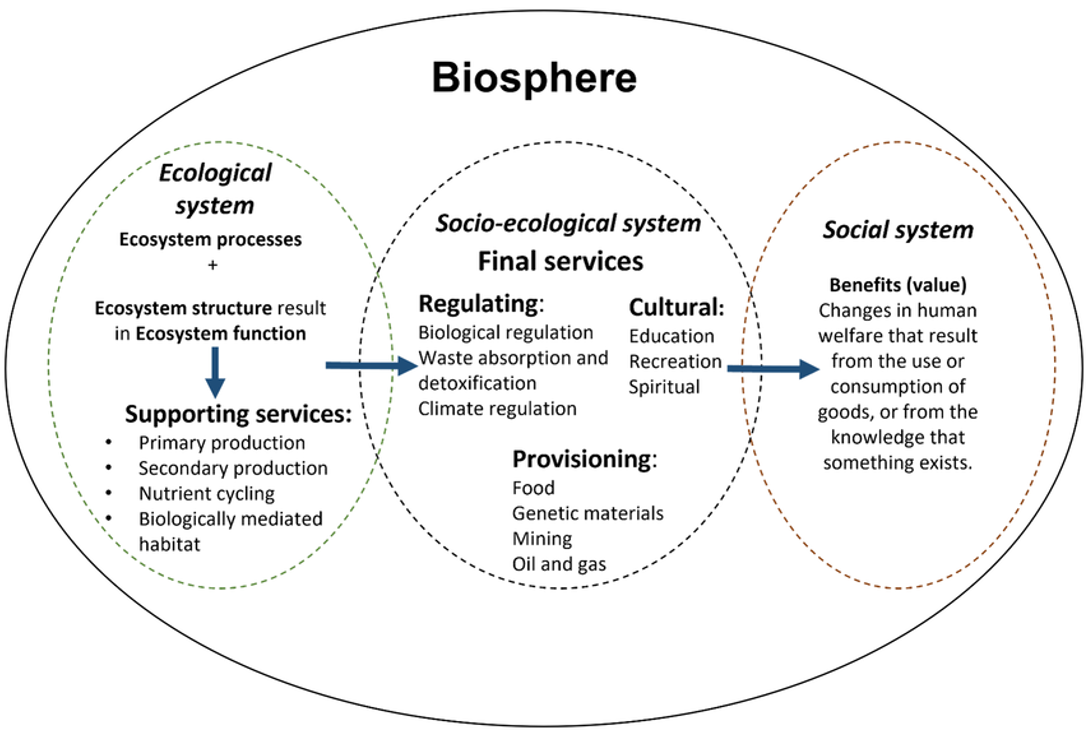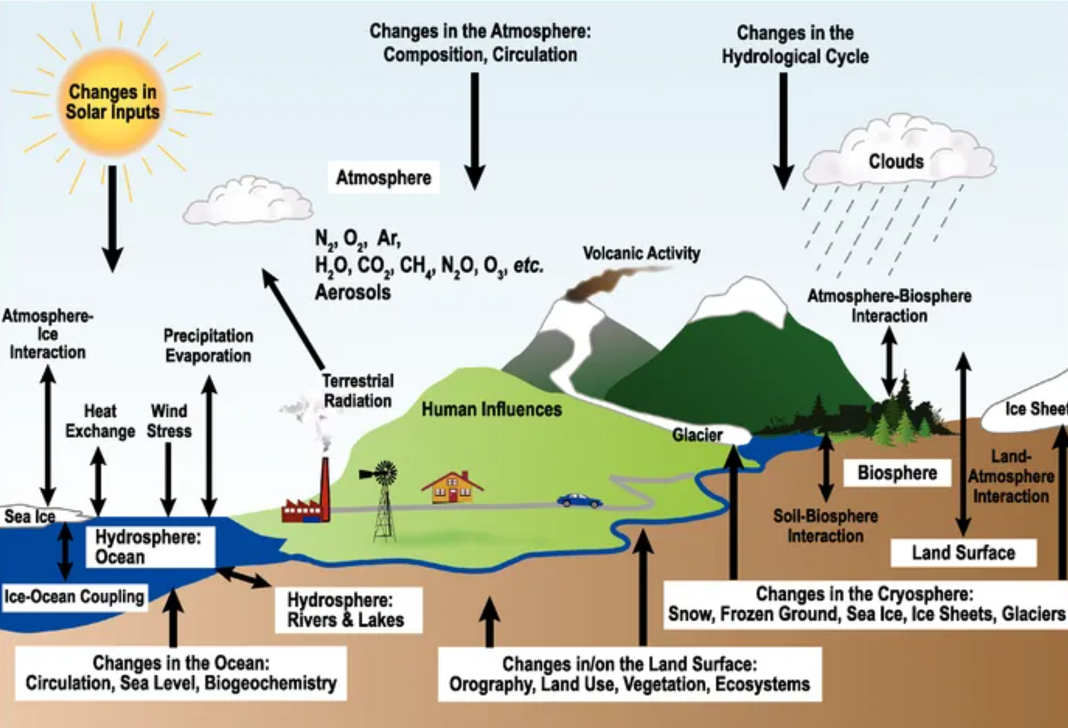
Focus Areas of Our Work
- Food, Land, and Water: These are crucial systems for meeting basic human needs. However, they are currently major contributors to inequity, ecosystem degradation, and climate change.
- Energy: The energy sector is central to human progress but also a significant driver of environmental damage and social disparity.
- Cities: Urban areas are both a challenge and an opportunity. They must transition to more sustainable and equitable models to improve living conditions and reduce environmental impact.
Our Approach: Transforming Systems for Sustainability
- Systemic Change: We seek to fundamentally transform how the world produces and consumes food, energy, and manages land and water.
- Holistic Reforms: Beyond the systems themselves, we aim to reshape the economic, financial, and governance structures that support these sectors.
- People, Nature, and Climate: Our goal is to ensure these systems operate in ways that positively impact people’s lives, protect nature, and stabilize the climate.
By focusing on these core systems, we are driving necessary changes for a more sustainable, equitable future.
The biosphere is the global ecological system integrating all living beings and their relationships, humans and human actions included, as well as their dynamic interplay with the atmosphere, water cycle, biogeochemical cycles, and the dynamics of the Earth system as a whole. The biosphere coevolves with the Earth system.
Human civilization is intricately linked to the health of the biosphere—the delicate and vital layer of ecosystems and biodiversity that sustains life on Earth. Biodiversity plays a fundamental role in maintaining the integrity of the biosphere in two primary ways:
- 1. Ecosystem Functions: Biodiversity supports critical ecosystem services that provide essential goods for human well-being, such as food, clean water, and air quality.
- 2. Resilience and Stability: Biodiversity ensures the resilience of ecosystems, helping them to adapt and maintain their functions over time, which is key for long-term ecological balance and the sustainability of the services they provide.
- Greenhouse Gas Emissions: Agriculture, deforestation, and land-use change contribute to 22% of global greenhouse gas emissions.
- Resource Usage: Agriculture employs over a quarter of the global workforce and consumes 70% of the world’s freshwater.
- Inequity in the System: Despite these vast resources, around 800 million people still face hunger worldwide, highlighting the deep inequalities in the global food system.
- Sustainable Food Production: We strive to increase agricultural yields on less land while minimizing environmental harm. This includes improving farming, fishing practices, and resource management to reduce water stress and safeguard ocean health.
- Protecting Natural Ecosystems: Our efforts focus on preserving remaining ecosystems, monitoring forest loss, and helping companies eliminate deforestation from their supply chains. We support nature-based solutions and empower Indigenous communities to protect their ancestral lands.
- Shifting Consumption Patterns: We work with governments and businesses to reduce food waste and help consumers transition to lower-carbon diets through behavioral science and strategic partnerships.
- Restoring Degraded Land: We identify opportunities to restore deforested and degraded lands, providing technical assistance and financing to farmers, entrepreneurs, and local communities, while ensuring progress through rigorous monitoring.
In short, biodiversity is essential not only for human survival but also for the stability of the natural systems that support life.
The Global Impact of Agriculture, Deforestation, and Land Use
Our Vision
We aim to transform the global food, land, and water systems to ensure they meet the needs of all people, protect nature, and help mitigate climate change.
Our Approach
This comprehensive approach seeks to create a sustainable, equitable food system that benefits both people and the planet.

